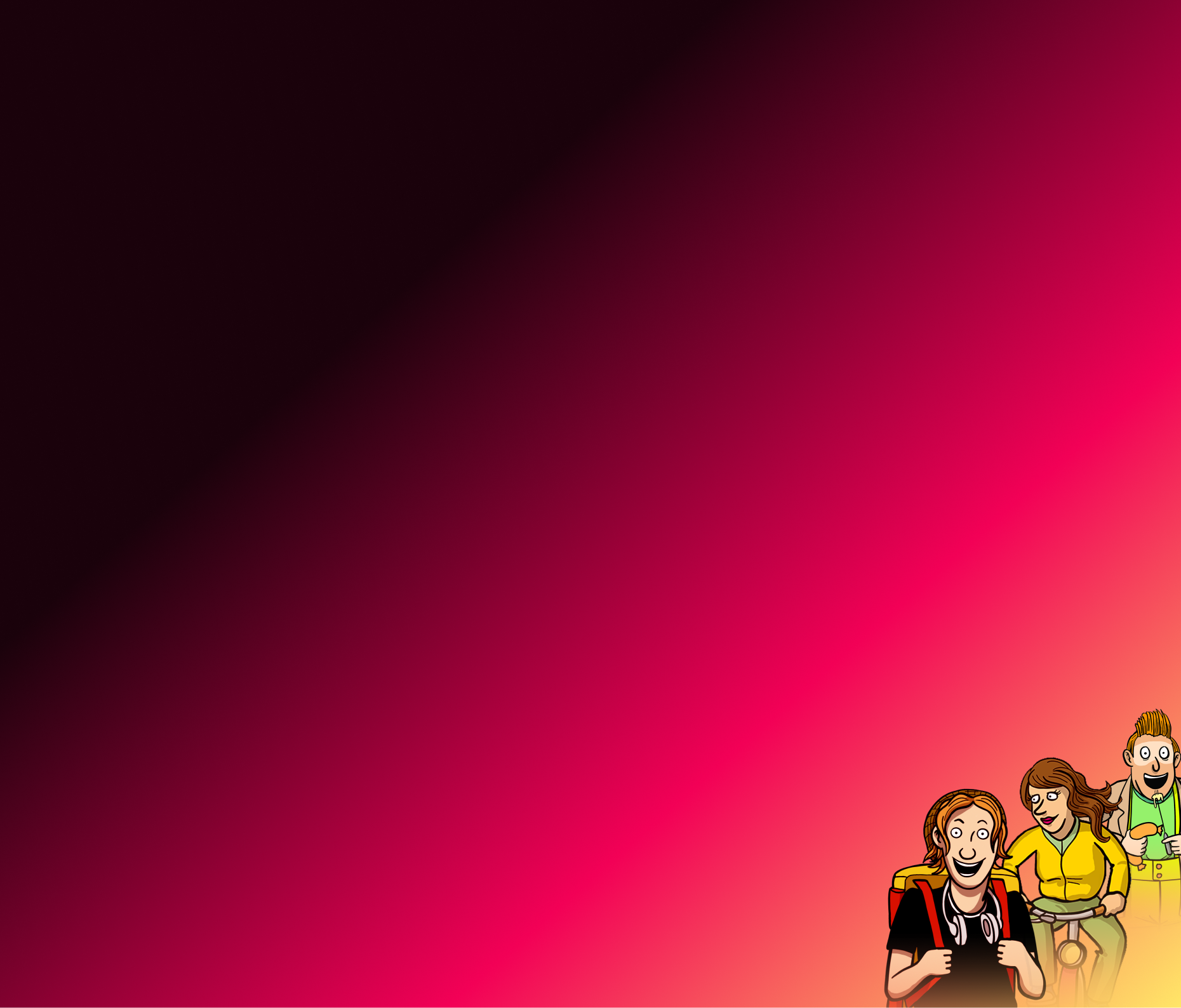Pronunciation guide for s, ss and ß
The double s (after a short vowel) and the ß (after a long vowel) are both pronounced like the -ss in the English word “pass”.
Kissen
cushion
Grüße
greetings
How to pronounce s:
- When the s is at the end of a word, it is pronounced as in the English word “pass”. This also applies to nouns made up of multiple words.
Preis
price
Bus → Busfahrer (Bus + Fahrer)
bus → bus driver
aus → Ausflug (aus + Flug)
out → excursion
- When the s is at the beginning of a word before a vowel, or between two vowels, it is pronounced like the s in the English word “reason”.
Sesam
sesame
reisen
to travel
lesen
to read
Notes:
- The ß is never used in Switzerland, only ss.
liebe Grüsse aus Bern
best wishes from Bern
- In southern Germany, Austria and Switzerland, people often use only the unvoiced s as in the English word “pass” for all words with the letter s.
Servus, Sabine!
Greetings, Sabine!
- The letter z is always pronounced “ts” (unlike the English letter z).
zehn
ten
Still facing difficulties with 'Pronunciation guide for s, ss and ß'? Learn and enhance your German grammar through our online German course. Start with a free test and improve today!
What our users say:
Improve your German further and test Wunderbla, online German lessons.

